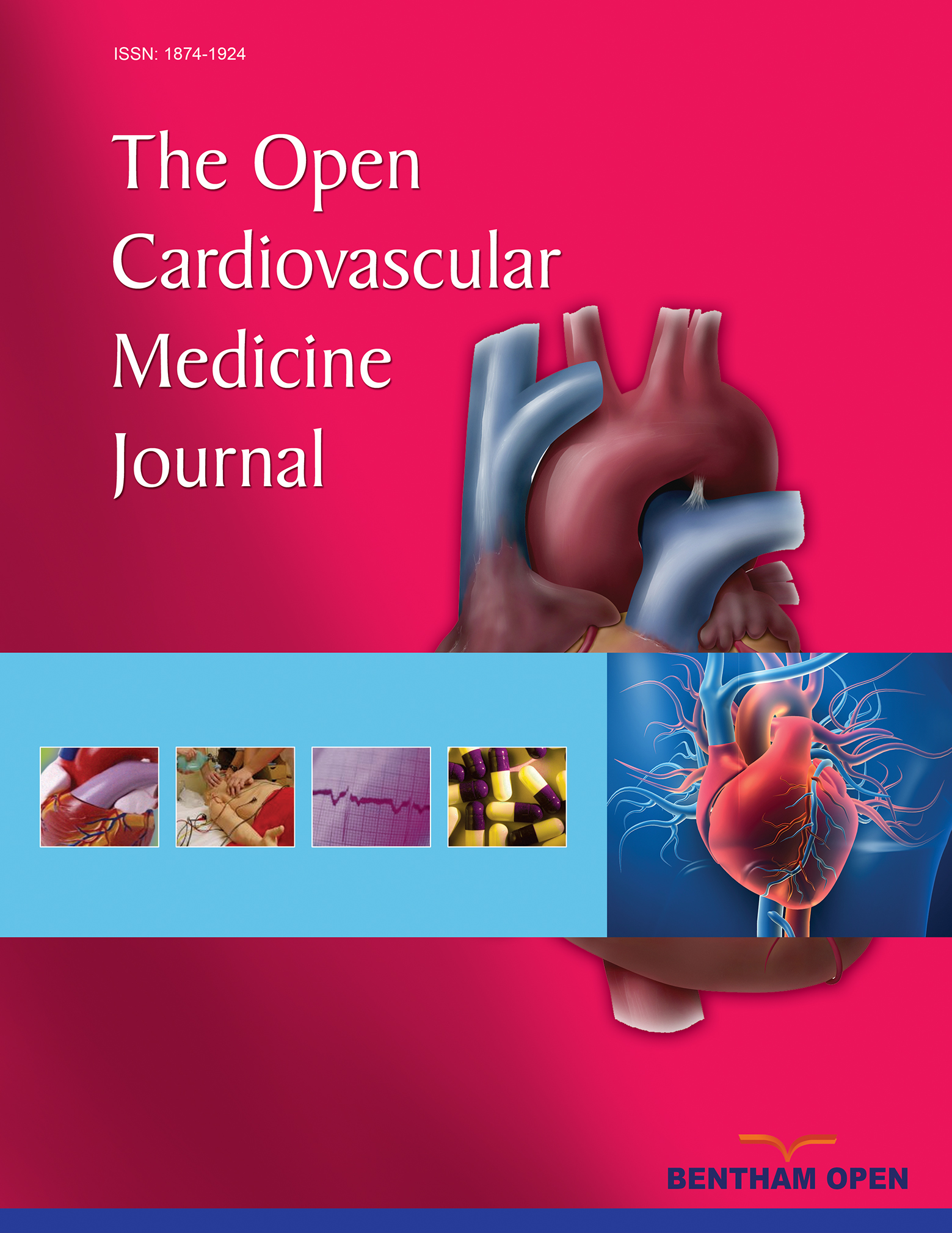All published articles of this journal are available on ScienceDirect.
6th Hellenic Congress in Athens, of the Hellenic Atherosclerosis Society, on the 04-06 December 2014 Novel Pharmacologic Treatments of Familial Hypercholesterolaemia
Abstract
Familial hypercholesterolaemia (FH) is the most common inherited monogenic lipid disorder. It is caused by mutations of genes related to low density lipoprotein (LDL) receptors, apolipoprotein B or proprotein convertase subtilisin/kexin type 9 (PCSK9). Homozygous FH (HoFH; 1/400,000 births) is treated by LDL apheresis. Recently lomitapide has been used for the treatment of HoFH as a monotherapy or in addition to LDL apheresis. Heterozygous FH (HeFH), 1/250-1/200 births, is associated with an increased cardiovascular disease (CVD) risk. The main treatment for HeFH has been high doses of high intensity statins plus ezetimibe. However, this is not usually enough to attain LDL-C targets, especially in those with overt CVD or equivalents (LDL-C goal of<70 mg/dl). Data from the Atherosclerosis Risk in Communities study showed that loss of function mutations of PCSK9 were associated with a 28% lower LDL-C level and an 88% reduction in the risk of CVD in blacks, while in whites these numbers were 15% and 47%, respectively. This led to the development of technology to block PCSK9 with monoclonal human antibodies (e.g. evolocumab and alirocumab). These antibodies have been shown in phase II and III trials to be safe and to produce reductions in LDL-C levels by around 60% either as monotherapy or on top of optimal therapy with statins and ezetimibe. These antibodies are administered subcutaneously every 2 weeks with an automatic device. Anti-PCSK9 antibodies are expected to be licensed soon (? in 2015) and are considered by many as “the statins of the 21st century”.


